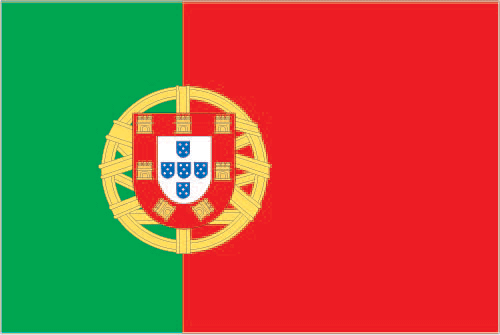
Following its heyday as a global maritime power during the 15th and 16th centuries, Portugal lost much of its wealth and status with the destruction of Lisbon in a 1755 earthquake, occupation during the Napoleonic Wars, and the independence of Brazil, its wealthiest colony, in 1822. A 1910 revolution deposed the monarchy; for most of the next six decades, repressive governments ran the country. In 1974, a left-wing military coup installed broad democratic reforms. The following year, Portugal granted independence to all of its African colonies. Portugal is a founding member of NATO and entered the EC (now the EU) in 1986.
fish, forests (cork), iron ore, copper, zinc, tin, tungsten, silver, gold, uranium, marble, clay, gypsum, salt, arable land, hydropower
arable land: 11.88%
permanent crops: 7.71%
other: 80.41% (2011)
10,813,834 (July 2014 est.)
country comparison to the world: 80
homogeneous Mediterranean stock; citizens of black African descent who immigrated to mainland during decolonization number less than 100,000; since 1990 East Europeans have entered Portugal
Roman Catholic 81%, other Christian 3.3%, other (includes Jewish, Muslim, other) 0.6%, none 6.8%, unspecified 8.3%
notes: represents population 15 years of age and older (2011 est.)
Portuguese (official), Mirandese (official, but locally used)
definition: age 15 and over can read and write
total population: 95.4%
male: 97%
female: 94% (2011 est.)
Lisbon
republic; parliamentary democracy
1143 (Kingdom of Portugal recognized); 5 October 1910 (republic proclaimed)
Portugal Day (Dia de Portugal), 10 June (1580); note - also called Camoes Day, the day that revered national poet Luis de Camoes (1524-80) died